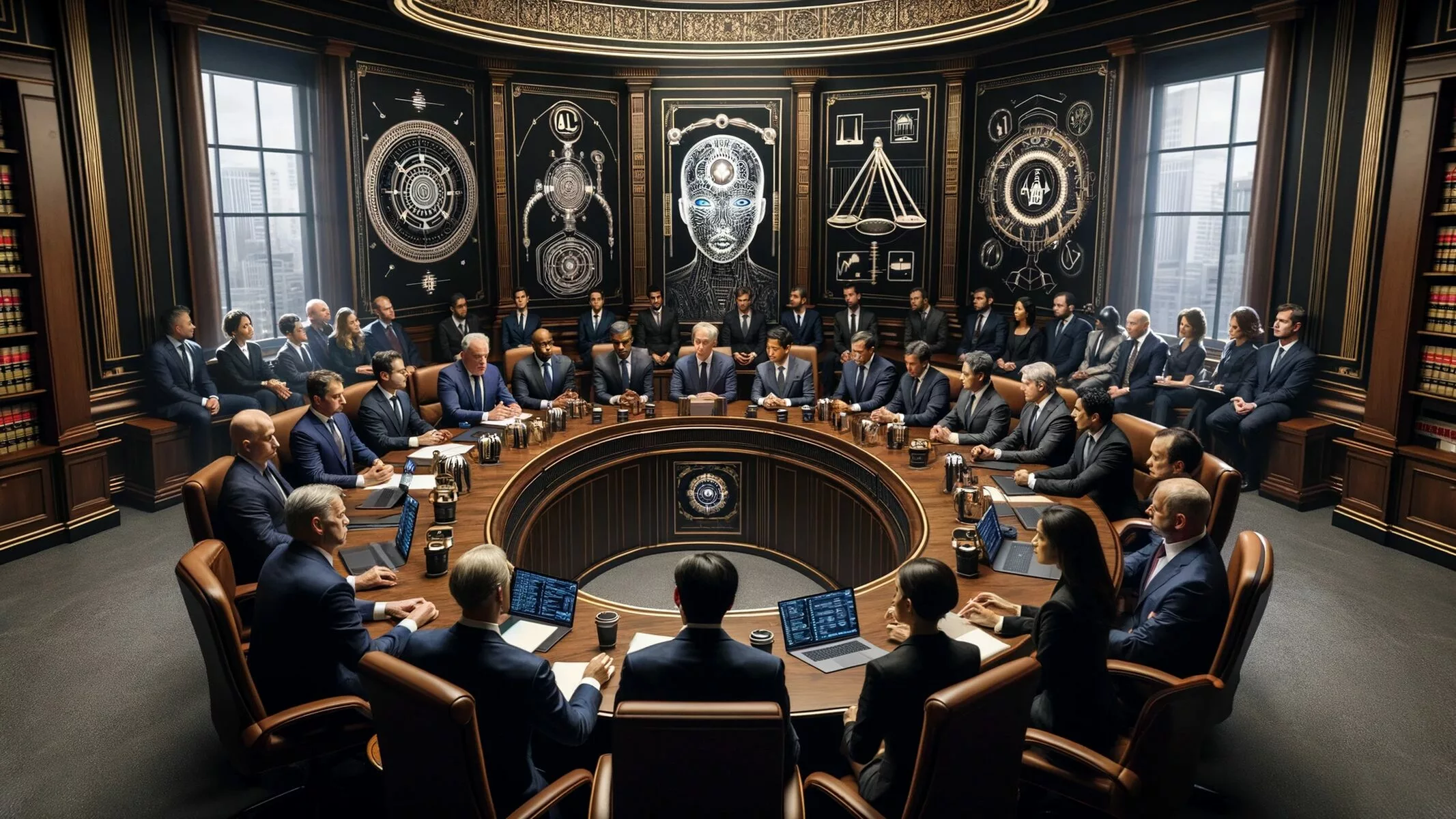This month saw OpenAI having a rather tumultuous period with their CEO getting the boot, however temporary that might have been. Google came out with Gemini and they marketed it really well. The whole presentation was beyond impressive. So much that when Google admitted to faking a lot of the things in the presentation, folks around the world weren’t that surprised. Honestly, it was too good to be true. Most of the strides in the AI space are made by companies who have largely kept the secret sauce … well, secret. There’s an open-source side of things aching to be heard as well.
Enter Mistral, a French AI startup that just raised $415 million dollars to attain a valuation of two billion dollars. But why do I point them out? It’s because their AI model, called Mixtral 8x7B is more powerful than GPT-3.5. The benchmarks say that the model is slightly ahead of GPT-3.5 and even takes on LLaMA 2 in some benchmarks. Also, should anyone really be bothered given that GPT-4 has been out for close to 9 months now and is way more powerful than all of these models? Short answer? Yes.
Yes, because Mixtral 8x7B is open-source. And so is LLaMA 2 from Meta. We have seen some of the most powerful and capable AI models be made available to the general public to be used for free. Essentially, anyone wanting to build the next major AI application need not spend countless amounts of money towards designing and training AI models. They can simply pick up one of the freely distributed models and do whatever they want to with it.
So your favourite hyperlocal grocery shopping app is likely to know exactly what you want to order and have it ready before you even think of ordering anything. Or perhaps, your fitness tracking app is going to call for an ambulance right before you get a cardiac infarction. Maybe, your smartphone could slowly turn into your best friend in the whole damn universe because nobody knows you better than it does. The implications of open-source AI models such as Mixtral 8x7B are profound and far-reaching. They promise to democratise the development of cutting edge AI applications, thus, allowing a wider range of individuals and organisations to build disruptive innovations. This is what will lead to a massive surge in AI applications, tailored to various needs.
There’s also the other side.
Ethical use is the most discussed facet of AI applications. Will they? Won’t they? Should they? Are they …? One of the things that Silicon Valley is infamous for is solving the question – “Can we?” rather than “Should we?” And that opens up a lot of possibilities. Some would argue that removing all guardrails are necessary for truly innovating.
Looking to the future, AI models are expected to grow even more sophisticated. And open-source models such as Mixtral 8x7B will play a pivotal role in democratising access to cutting-edge technology. However, this also necessitates careful consideration of regulatory frameworks. Most startups, talk the talk about implementing their models in an ethical fashion but it is getting quite difficult to see if they actually walk the walk.
More AI models will go the open-source way in the coming months and that puts the pressure on governments around the world to fastrack whatever regulatory frameworks they might be working on. However, there will be bad actors who will use it the wrong way. We might see vulnerabilities being discovered and exploited at a break-neck pace. Considering that the realm of security has always been a cat-and-mouse chase, the bad actors could actually do more harm in a shorter period of time than ever before. But that’s not something new, is it?
As we enter into this new era, the AI community, policy makers, and society at large must engage in thoughtful dialogue about the ramifications of such technologies and work towards establishing regulations. That’s the only way we will see AI applications being largely designed for the greater good.
